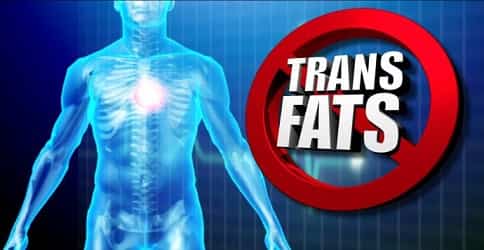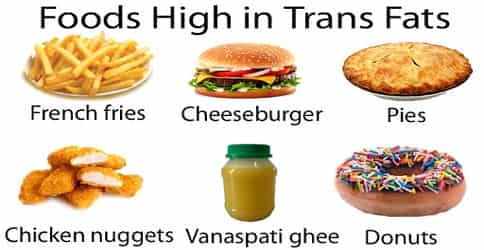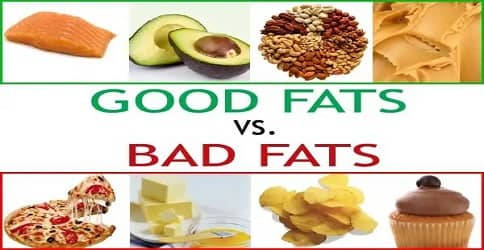
Margarine was invented about 100 years ago in France by the chemist I. Mezh-Murya. The World Health Organization confirms that there is a risk of heart attack and stroke.
Trans fat increases your “bad” cholesterol. How to avoid trans fat?
1. What is trans fat?
Most trans fat is formed through an industrial process that adds hydrogen to vegetable oil, which causes the oil to become solid at room temperature. Trans fats give foods a desirable taste and texture. Many restaurants and fast-food outlets use trans fats to deep-fry foods because oils with trans fats can be used many times in commercial fryers.
Polyunsaturated acids – at liquid temperatures, and hydrogenation – in solid margarine known to everyone. (The higher the air temperature, the higher the air temperature).
2. The composition of margarine
There is no milk or even a hint of it in this product. It is almost 99% composed of fats. The following hazardous chemicals may also be contained in margarine:
2.1 gasoline extraction with hexane (nerve damaging substances)
2.2 acetone (flammable substances harmful to the brain and nerves)
2.3 phosphoric acid (strong and dangerous acid)
2.4 caustic soda
2.5 nickel metal as a hydrogenation catalyst methanol
2.6 bleaching agents

3. Trans fat in your food
The manufactured form of trans fat, known as partially hydrogenated oil, may be found in a variety of food products, including:
- Baked goods, such as cakes, cookies and pies
- Shortening
- Microwave popcorn
- Frozen pizza
- Refrigerated dough, such as biscuits and rolls
- Fried foods, including french fries, doughnuts and fried chicken
- Nondairy coffee creamer
- Stick margarine
4. Why is trans fat so dangerous?
Consumption of trans fat can increase blood levels of low density lipoprotein (LDL), or “bad” cholesterol, while lowering levels of high density lipoprotein (HDL), known as “good” cholesterol. It can cause serious clogging of arteries, Type 2 diabetes and other serious health problems, as well as increasing the risk of heart disease, cancer and infectious diseases. The trans fats also incorporate themselves into your cellular membranes, creating weaker immunity, making you more vulnerable to attack by infectious microorganisms. In the brain, trans fats are linked to poor memory, failing thought processes and attention deficit problems.

To determine the amount of trans fat in a food, read the ingredient label and look for the terms, “shortening,” “hydrogenated oil” or “partially hydrogenated oil.” The higher on the list these ingredients appear, the more trans fat in the product. If any of these terms appear, avoid that product like the plague.
5. How to protect yourself from the consumption of margarine products?
So, ditch the doughnuts, blow out the bagels and forget the French fries. Your health is on the line here. Let’s get back to super healthy bodies by eating by eating delicious, organic foods, including healthy oils such as pure, unhydrogenated, virgin coconut oil, organic flax oil, extra virgin Moroccan olive oil and “beyond organic” sesame oil.
- Magnetic storms: the sun is testing the planet🌪️ - 13.06.2024
- Why You Should Drink Chicory: Benefits and Harms 🌿 - 09.06.2024
- Innovative Choice: Sproud Milk – Your Ideal Plant-Based Drink 🌱 - 03.06.2024


